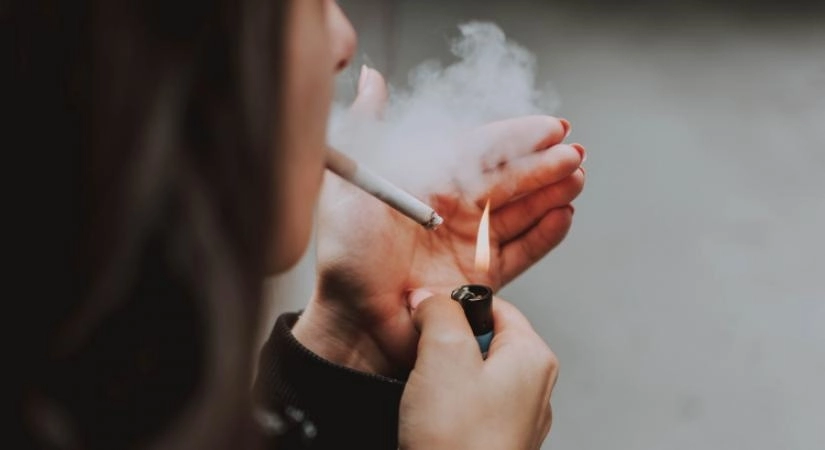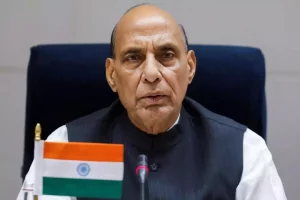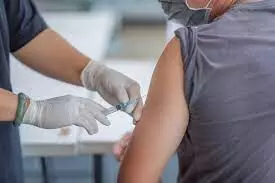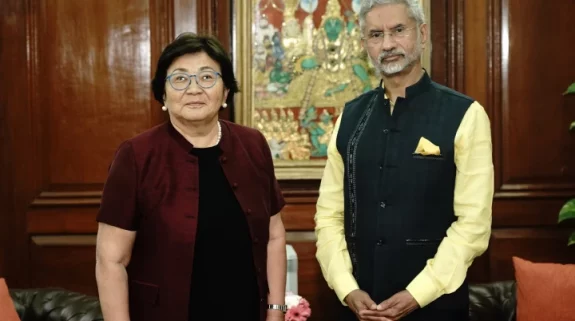Top medical experts have warned that teens whose parents or caregivers smoked are four times as likely to have taken up smoking.
Analysis has also shown that early teens whose main caregiver smoked were more than twice as likely to have tried cigarettes (26% vs 11% ) and four times as likely to be a regular smoker (4.9% vs 1.2%).
Top behavioural health experts from the United Kingdom have discussed in detail the link between adult smoking and the likelihood of children in their household becoming smokers.
Noted British physician Nighat Arif, child psychologist Bettina Hohnen and smoking cessation experts Nick Hopkinson and Anthony Laverty of London's Imperial College London have called on parents in particular to give up smoking in the new year in order to set a good example to their children.
The four experts have offered their advice in a film released as part of a 'Better Health Smoke Free' campaign which aims to give smokers a strong motivation to quit in January.
Recent research from NatCen Social Research has also shown children aged 10-15 were more likely to smoke if either their mother or father currently smoked. Children were also more likely to smoke if either parent had smoked in the past, even if they were not a current smoker.
"Every parent wants what is best for their child and will not want them to become smokers. By stopping smoking now, parents can help break the pattern of smoking in their family across the generations, protect their children and improve their own health," says Dr Jeanelle de Gruchy.
The campaign comes as the most recent data from the Office for National Statistics shows that one in eight adults in England still smokes. There has been a complex picture of smoking patterns since the pandemic, with high rates of quitting but also high levels of relapse and signs of a rise in smoking rates among younger adults.
"Even if we don’t directly expose children to second-hand smoke, or believe we are hiding our smoking by not smoking directly in front of them, it can still have a major impact and children can pick up the behaviour without you even being aware you’d had an influence. Children copy their parents’ and carers’ behaviours, so it’s important to model the behaviour you want from your child – or we can pass on behaviours without even realising," commented child psychologist Bettina Hohnen.
Also Read: After S-400 missiles and AK-203 rifles, Russia offers India its cutting-edge Armata tank technology




















